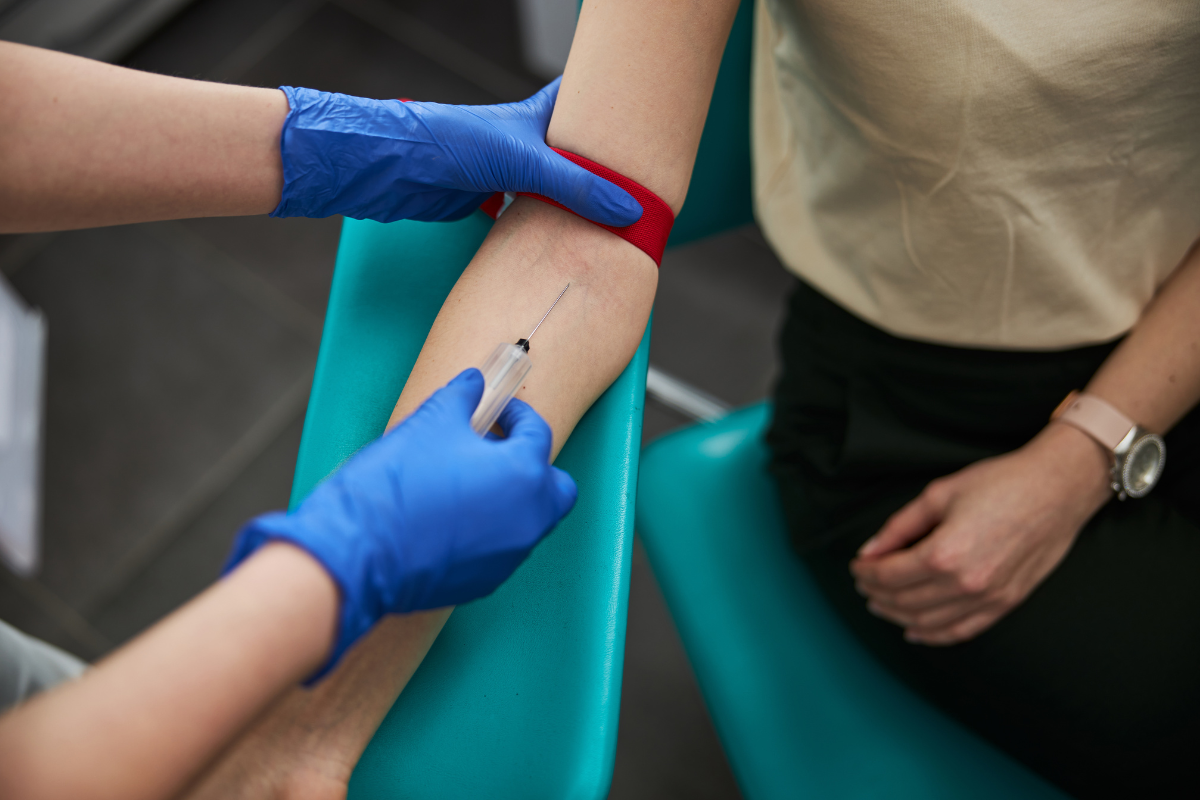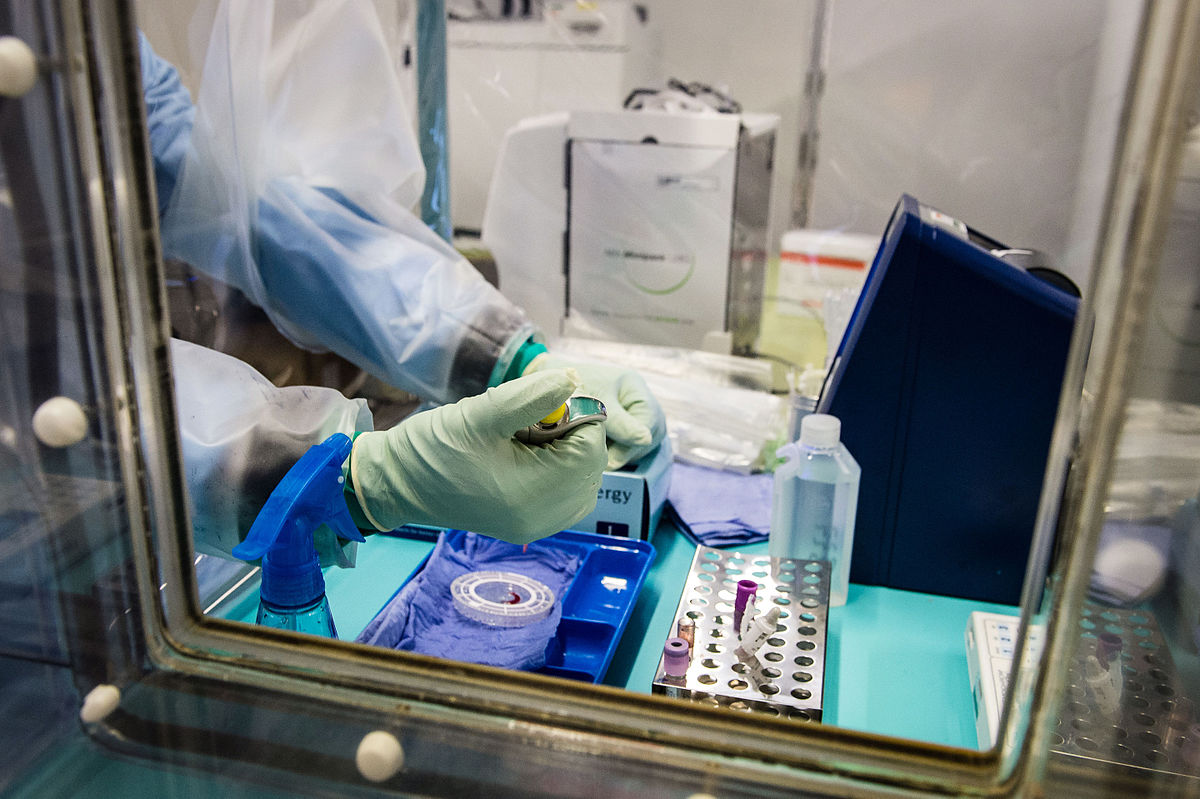Keytruda sees Trial Success in Treating Endometrial Cancer Patients

Keytruda — Merck’s star immunotherapeutic, currently being assessed in a range of approaches — has seen trial success in treating endometrial cancer.
Applied in tandem with standard chemotherapy, Keytruda proved more effective than chemotherapy alone in combating tumour progression in patients with advanced or recurrent endometrial carcinoma.
Merck’s announcement follows GSK’s recent success with its own Jemperli, which saw “immunotherapy’s first win” in first-line endometrial cancer, according to FierceBiotech.
The positive readout came from the National Cancer Institute-sponsored phase III NRG-GY018 trial, the results of which Merck said it would discuss with regulatory authorities.
Data from the readout could potentially support an FDA filing, which would move Keytruda up the endometrial cancer treatment sequence into the first-line setting.
At present, both Jemperlia and Ketruda are allowed as single agents in a subtype of endometrial cancer with the mismatch repair deficient (dMMR) biomarker.
A dMMR system results in the persistence of DNA mismatches in microsatellites that may then be incorporated into the genetic code as mutations.
Biomarker status can provide a guide for personalising treatment in dMMR solid tumours.
Endometrial cancer is the most common variant of gynecologic cancer in the US – in the UK there are roughly 8,600 new cases each year.
Trialling Endometrial Cancer Treatments
While Jemperli and Keytruda are already in use as single agents in a subtype of endometrial cancer, the focus has been on securing their approval for a broader variety of treatments.
As a first-line treatment for patients with stage III-IV or recurrent endometrial carcinoma, the administration of Keytruda along with chemotherapy significantly improved progression-free survival (PFS).
In a press release announcing the results, Dr. Ramez Eskander, Principal Investigator and Gynecologic Oncologist at the University of California in San Diego, was quoted on the findings and implications of the trial for treating endometrial cancer patients.
“Patients with advanced stage or recurrent endometrial cancer, the most common type of gynecologic cancer in the U.S., face a poor prognosis with limited treatment options,” he said.
“This is particularly notable in patients who progress after prior platinum-based adjuvant therapy with disease not amenable to curative surgery or radiation.”
Eskander added that patients in the study saw ‘clinically meaningful improvement’ in progression-free survival in both the dMMR and pMMR study populations.
PD-L1 can be investigated to contextualise the tumour microenvironment and validate the efficacy of treatments such as Keytruda in combating endometrial cancer.
Get your weekly dose of industry news and announcements here, or head over to our Biomarkers portal to catch up with the latest advances in cellular therapies.







